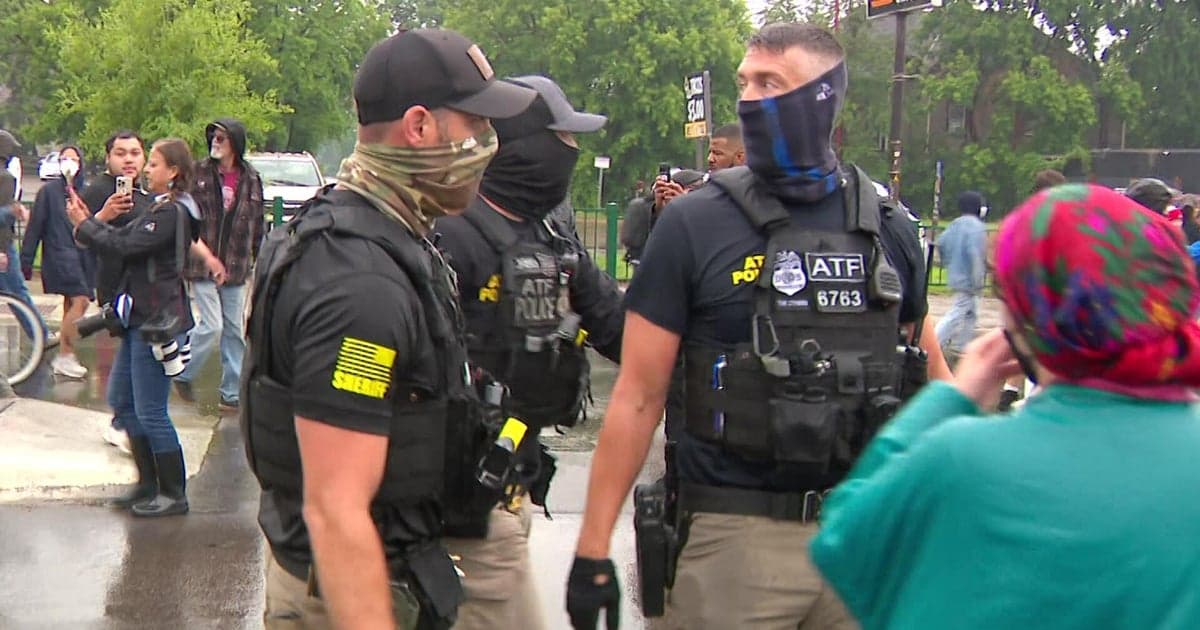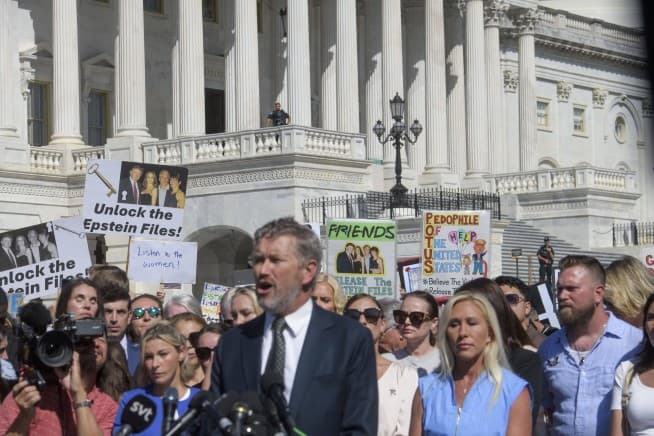Trump Says Troops to Venezuela Remain on the Table, Open to Talks
President Donald Trump said on November 18 that he had not ruled out sending U.S. troops to Venezuela, while also signaling a willingness to speak directly with President Nicolás Maduro. The remarks come as U.S. strikes on suspected narco trafficking vessels have escalated tensions, with potential consequences for regional migration, public health, and legal and human rights norms.

President Donald Trump on November 18 said he had not ruled out deploying U.S. forces to Venezuela and indicated an openness to direct talks with Venezuelan President Nicolás Maduro. The comments followed U.S. military strikes on vessels suspected of narco trafficking, actions that have intensified scrutiny of Washington's approach to Caracas and raised concerns among legal, diplomatic and human rights observers.
The administration framed the posture as keeping all options available while also leaving space for diplomacy, a stance that underscores deepening anxieties about Venezuela's role in regional migration flows and the global narcotics trade. For communities across Latin America and in U.S. border states, the dual signal of potential military action and diplomatic engagement presents immediate and complex risks for public health and social stability.
Public health officials and community advocates warn that military intervention, even if limited, could worsen humanitarian needs inside Venezuela and accelerate migration toward neighboring countries and the United States. Venezuela’s health system, already strained by years of economic collapse and shortages of medicines, could face further disruption leading to reduced access to maternal and child care, vaccination programs and treatment for chronic conditions. Sudden population movements can amplify outbreaks of infectious disease, increase demand for emergency services at border clinics and heighten mental health needs among displaced populations.
The U.S. strikes on suspected narco trafficking vessels reflect a security response to a widening overdose and illicit drug supply crisis, yet public health experts emphasize that interdiction without expanded treatment and prevention efforts risks shifting harm rather than reducing it. Communities in the United States that are most affected by overdoses also suffer from uneven access to addiction treatment, harm reduction services and culturally competent care, disparities that could be exacerbated if policymakers prioritize military and interdiction measures over public health investments.
Legal questions have surfaced about executive authority and obligations under U.S. law. Deployment of forces abroad would trigger scrutiny under the War Powers Resolution and likely prompt debate in Congress over authorization, oversight and the scope and duration of any operation. International law and human rights organizations have also highlighted the risks of civilian harm and displacement that can accompany military operations, calling for clarity about legal justifications and mechanisms to protect noncombatants.
Diplomatically, the suggestion of direct talks with Maduro could recalibrate relations if pursued, potentially creating avenues to coordinate on migration, narcotics interdiction and humanitarian access. Yet mixing military threats with diplomatic overtures may undercut trust and complicate multilateral cooperation with regional partners who have varied positions on Venezuela.
As the executive branch signals a blend of pressure and possible engagement, public health planners, hospital systems and migrant service organizations are preparing for multiple contingencies. The evolving posture underscores a broader imperative: policy responses to Venezuela must integrate security goals with commitments to health, humanitarian protection and equitable access to care for the people who will bear the immediate consequences.


